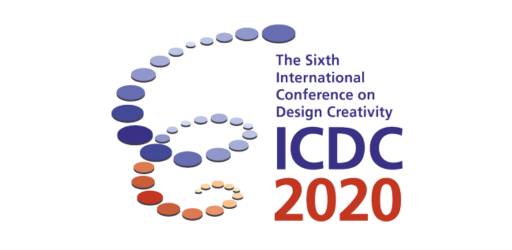The 6th International Conference on Design Creativity (ICDC 2020)
Update: ICDC has been changed to an online event this year. Visit the website for more. Creativity at the Extremes. ICDC 2020 is an official conference of the Design Society promoted by its Special Interest Group (SIG) on Design Creativity.





